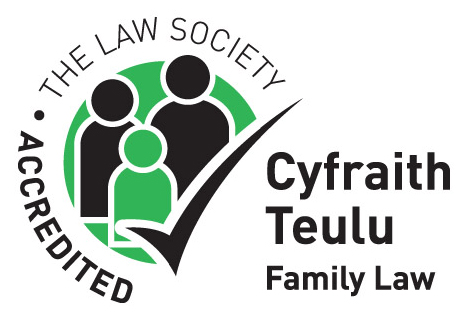Restrictive covenants in employment contracts
Speak to our team if you need assistance with Restrictive Covenants in employment contracts.

What are restrictive covenants?
Your business will have information that you consider so important to the success of your business that you want to protect it from coming into the hands of others, especially a competitor.
It may not be possible to prevent this information from being seen and used by employees especially senior people. However, it is vital when those employees leave the business that the information does not leave with them and be used by a competitor hence the use of Restrictive covenants. An ex-employee who has knowledge of your technology, strategic information or customers or clients may be an attractive asset to a competitor seeking to expand their markets.
An employees contract of employment already has implied terms that give you a level of protection whilst they are employed such as The duty of fidelity: A term requiring the employee faithfully to serve the employer is implied into all employment contracts and means that an employee may not act against the interests of the employer. It is particularly relevant if the employee is contemplating leaving the employer and working for a competitor, or setting up a competing business.
Its when an employee leaves you that these ‘secrets’ become vulnerable and one way to try and prevent this is to place terms within their employment contract – restrictive covenants. Typical clauses include a prohibition on your employee from competing with you for a certain period after they leave you, or one that prevents them from soliciting or dealing with your customers by using knowledge of those customers gained during their employment.
These type of clauses need to be drafted carefully as they will not always be fully enforceable because such restraints of trade are contrary to public policy.
However, if you are able to show a court that the covenant is:
Designed to protect his legitimate business interests; and
That it extends no further than is reasonably necessary to protect those interests
then it is likely to be upheld and enforced.
Types Of Restrictive Covenants You Can Include In The Contract Can Include:
A non-competition clause – aimed to prevent your employee working in similar employment for a competitor – at least for a period of time;
A non-solicitation clause – to prevent your former employee from approaching your clients; customers; or suppliers.
A non-dealing clause – to prevent them even dealing with your clients; customers; or suppliers even if they approach your ex-employee.
A non-poaching clause – aimed at stopping your ex-employee from poaching others from your staff.
Garden Leave
Another effective way of preventing an ex-employee from working for a competitor is to place them on ‘garden leave’ during their notice period. If the notice period is 3 months for example, the employee is still bound by the implied term of fidelity in their contract for that period so if the restrictive covenant is for a further 3 months, this will effectively restrict the employee from moving to the employ of a competitor for 6 months.
A further benefit of a garden leave clause is allow your employees successor to get established and build a relationship with your clients.
To be able to put an employee on garden leave you will need to have an express clause in their contract to allow this.
What if your ex-employee breaches the restrictive covenants?
If you have good reason to believe the clause has been breached the usual remedy is the application of an interim injunction to prevent the breach from continuing. This will need to be made in the High Court by someone with a Right of Audience in the higher courts. Ian Winrow has these higher rights so there would be no need to instruct a barrister to make the application for you.
This is a complex area of law so if you require further information or advice; contact us on 01286 269226 or 07594461181 to arrange a consultation with Ian Winrow.
Our Mission Statement
Our mission statement is clear – we exist to:
Maintain the highest standards of quality, client care and professional expertise.
Be recognised as experts in our fields.
To provide every client, regardless of their background and financial resources, access to justice.
Contribute to our communities.
Family Law Legal Aid
Funding Available
Table of Contents
Get in touch today
What our customers say
Looking for your rights? Choose the right firm. Award-winning results!



